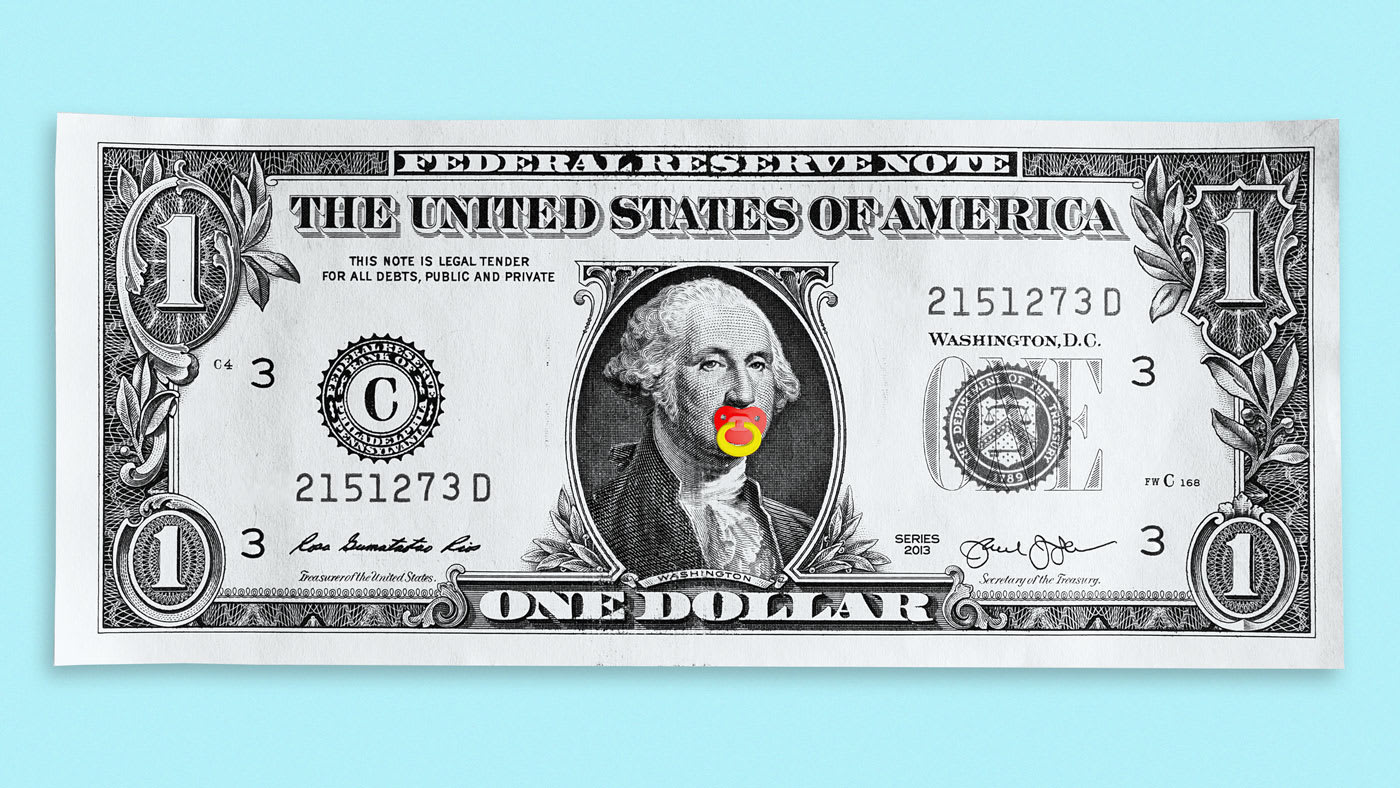6 important things to know about investing in a gold IRA
When it comes to preparing for retirement, it makes sense to focus on the basics, like maxing out your contributions to your 401(k) or ensuring that your savings are on track with your milestones. But what does not always come to mind is the need to diversify what you're holding in your retirement portfolio — and overlooking that crucial element can have devastating effects.
After all, the stock market can be volatile, and it's hard to predict when the next downturn will occur. And if you're heavily invested in stocks at that point, the value of your retirement investments could tank, causing you unnecessary stress and — in some cases — forcing you to delay retirement or retire with much less money than you expected. But if you focus on diversification and ensure that your investments include a good mix of safe and more volatile investments, you can alleviate some of the risks to your retirement portfolio.
One way to do that is by adding a gold individual retirement account (IRA) to your retirement strategy. A gold IRA is a self-directed retirement account that allows you to hold physical gold, as well as other precious metals, within the tax-advantaged structure of an IRA. And, investing in one can help diversify your portfolio and hedge against economic uncertainties. But while a gold IRA can be a great addition to your retirement portfolio, there are some considerations to keep in mind before opening one.
Find your top gold IRA options online now.
6 important things to know about investing in a gold IRA
Here are a few important things to know before investing in a gold IRA.
The eligibility guidelines
It's important to understand that not all precious metals are eligible for inclusion in a gold IRA. The Internal Revenue Service (IRS) has strict guidelines on the types of metals that can be held within such accounts. Generally, the acceptable metals are gold, silver, platinum and palladium bullion in the form of coins or bars — which must also meet purity standards.
In particular, gold must have a purity of 99.5% to qualify for being held in a gold IRA. However, the purity standards can differ for other types of metals. And, given the strict guidelines set by the IRS, it's crucial to ensure that the chosen metals meet the criteria to avoid any potential tax implications related to your gold IRA.
Learn more about how a gold IRA could benefit you in retirement.
The custodianship and storage requirements
One of the critical distinctions of a gold IRA is the requirement for a gold custodian. Unlike traditional IRAs held with financial institutions, a gold IRA requires the involvement of a custodian who specializes in these types of alternative investments.
This custodian is responsible for facilitating the purchase, storage and safekeeping of the precious metals that are held in your retirement account. As such, choosing a reputable and experienced custodian is paramount to the success of a gold IRA investment.
The associated costs and fees
You should also be aware of the potential costs associated with setting up and maintaining a gold IRA. For example, the custodial fees, storage costs and transaction fees can all impact the overall returns on the investment. So, before you open a gold IRA, it's essential to thoroughly research and compare fees from different custodians to ensure that the chosen provider offers competitive rates without compromising on service quality.
The need for diversification
While gold is often considered a safe-haven asset, it's important to understand that the precious metals market can also experience fluctuations — and that includes gold. So, it's probably not the best move to rely solely on a gold IRA to prepare for retirement.
Rather, you should view a gold IRA as one part of a diversified investment strategy. By diversifying across various asset classes, you can help mitigate risks in your retirement portfolio and enhance the potential for long-term growth.
The nuances of liquidity and accessibility
Unlike traditional IRAs, liquidating assets within a gold IRA can be a more time-consuming process. So before investing, you need to be aware of the liquidity of precious metals and the time it takes to convert them into cash. Otherwise, you may not be prepared to navigate the potential challenges that come with selling the gold in your IRA when the need for liquidity arises.
The regulatory compliance and tax implications
Staying compliant with IRS regulations is also incredibly important when managing a gold IRA. Any deviation from the guidelines can lead to tax penalties and other legal repercussions.
So, it can benefit you to be well-versed in the rules governing contributions, distributions and required minimum distributions (RMDs) for gold IRAs before adding one to your retirement plan. If you find these regulations hard to navigate, it may benefit you to seek advice from financial professionals with expertise in precious metal IRAs to help ensure you're in compliance and optimize the tax advantages.
The bottom line
Investing in a gold IRA can be a prudent strategy for diversifying retirement portfolios and hedging against economic uncertainties. However, it requires careful consideration and adherence to regulatory guidelines. By understanding the basics, choosing a reputable custodian and staying informed about market dynamics and tax implications, you'll be better prepared to navigate the path toward a more secure and resilient retirement future.




